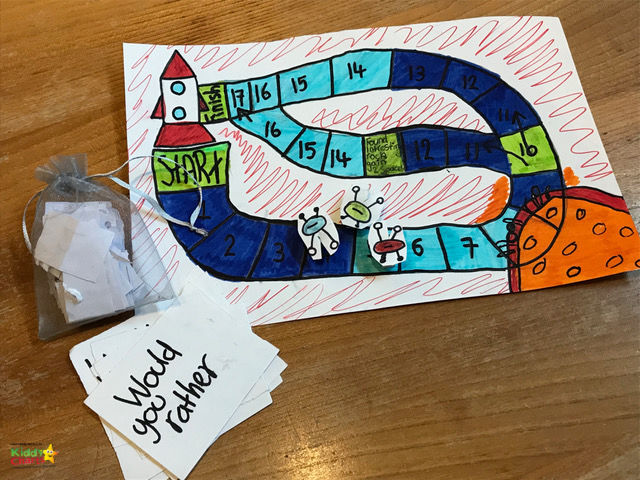
The Evolution of Board Games
Board games have been a beloved form of entertainment and recreation for centuries, with a rich history that has evolved dramatically over time. From ancient pastimes played by nobles to modern favorites enjoyed by people of all ages and backgrounds, the world of board games is a testament to the enduring appeal of strategic gameplay and social interaction. In this article, we will delve into the fascinating journey of board games, exploring their origins, transformations, and enduring popularity.
Ancient Beginnings
The origins of board games can be traced back thousands of years, with evidence of their existence in various ancient civilizations. One of the earliest known board games is Senet, which was played in ancient Egypt as far back as 3500 BCE. Senet was not only a game but also had religious significance, often used to symbolize the journey of the soul through the afterlife.
Similarly, the Royal Game of Ur, which dates back to Mesopotamia in 2600 BCE, was another significant early board game. It featured a beautifully decorated board and gameplay that included elements of chance and strategy, much like modern board games.
Board Games in Classical Antiquity
The love for board games extended to classical antiquity, with ancient Greece and Rome being home to several popular games. One of these was Ludus duodecim scriptorum, a Roman board game that resembled backgammon. In Greece, games like Petteia, a precursor to chess, were widely enjoyed.
Medieval Europe and Chess
The medieval period in Europe saw the emergence of one of the most iconic board games of all time – chess. The game’s origins can be traced to India, and it slowly made its way to Persia, becoming known as “shatranj.” By the 7th century, it had reached the Islamic world and, later, Europe.
Chess quickly gained popularity among the European nobility, evolving into a symbol of strategic thinking and intellectual prowess. The game’s enduring appeal is a testament to the timeless nature of board games as a form of entertainment and mental exercise.
The Renaissance and the Birth of Modern Board Games
The Renaissance period marked a resurgence in the popularity of board games in Europe. Chess continued to thrive, but new games also emerged. One such game was “The Game of the Goose,” which was played on a spiral track and involved players racing to the finish line, facing various challenges along the way.
In the 19th century, the Industrial Revolution brought about significant changes in society, including the production of board games on a larger scale. These games, often educational in nature, aimed to teach moral values, geography, and history while providing entertainment.
Twentieth Century and Beyond
The 20th century witnessed a board game revolution with the creation of iconic titles that are still beloved today. Monopoly, created in the 1930s, became a worldwide sensation, while Scrabble challenged players to build words and test their vocabulary. These games introduced elements of strategy and negotiation, setting the stage for the modern board game renaissance.
In recent decades, the board game industry has seen an explosion of creativity and diversity. Games like Settlers of Catan, Ticket to Ride, and Pandemic have gained massive followings, offering unique gameplay experiences that cater to a wide range of interests.

The Digital Age
The advent of the digital age has brought board games to new platforms. Online board game communities and digital adaptations of classic games have made it easier than ever for people to enjoy board games with friends and family, regardless of physical distance.
The Ongoing Popularity of Board Games
In a world filled with high-tech entertainment options, the enduring popularity of board games is a testament to their timeless appeal. Board games offer a unique blend of strategy, social interaction, and fun that can’t be replicated by video games or other digital media.
Whether it’s the thrill of outsmarting opponents in chess, the excitement of building an empire in Catan, or the laughter shared over a game of Pictionary, board games continue to bring people together and provide hours of enjoyment.
Conclusion
The evolution of board games from their ancient beginnings to their modern incarnations is a testament to their enduring appeal. These games have transcended time, culture, and technology, offering people of all ages a unique form of entertainment that fosters social interaction, strategic thinking, and pure fun. As board games continue to adapt to the digital age, their popularity shows no sign of waning, ensuring that future generations will continue to enjoy these beloved pastimes. For more insights and further information about board games, check out RTalsorian Games to learn more.
